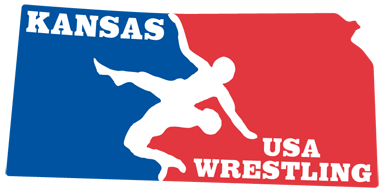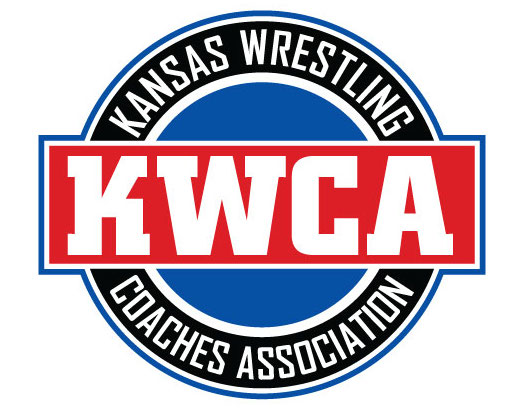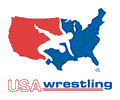Rule 26
ANTI-TRYOUT AND PRIVATE INSTRUCTION
A student who violates this rule shall be ineligible in that activity for a period of one year from the date of the violation, unless reinstated by the Executive Board.
Section 1: General Regulations (apply to grades 7-12)
Art. 1: A student may receive instruction from their parent(s) at any time. A studentís parent(s) may attend their studentís private instruction session without violating the provisions of this rule.
Art. 2: A student may receive private instruction at any time of the school year. During the time a student is a member of a school athletic squad, starting with the studentís first day of school practice and ending with the studentís last day on the school athletic squad, a student may receive private instruction subject to the conditions set forth in this rule.
Art. 3: Other individuals may be present at a studentís private instruction session as long as they are there in a supportive capacity only and not giving or providing instructions to the student.
NOTE: Private instruction is defined as one student receiving instruction from one person during the period of instruction.
A group is defined as two or more students receiving instruction from an instructor during the same period of instruction.
Supportive capacity is defined as participating in the period of instruction without providing any instruction
to the student or instructor or in a competitive situation/capacity.
Art. 4: A student shall not participate in group training sessions or tryouts held by colleges or other outside agencies in a sport while he or she is a member of a school athletic team in that identical sport.
Rationale:
An Anti-Tryout and Private Instruction requirement:
a. Protects the school/coach - student/athlete relationship;
b. Establishes guidelines under which a studentathlete may receive private instruction;
c. Helps preserve the schoolís staffing integrity;
d. Promotes and helps protect the student/athlete relationship to the schoolís team;
e. Provides opportunity for specialized individual training;
f. Prohibits student/athletes from trying out for nonschool teams during the school season of the same sport;
g. Maintains a fair competitive environment for school teams;
h. Protects the parent-child relationship.







